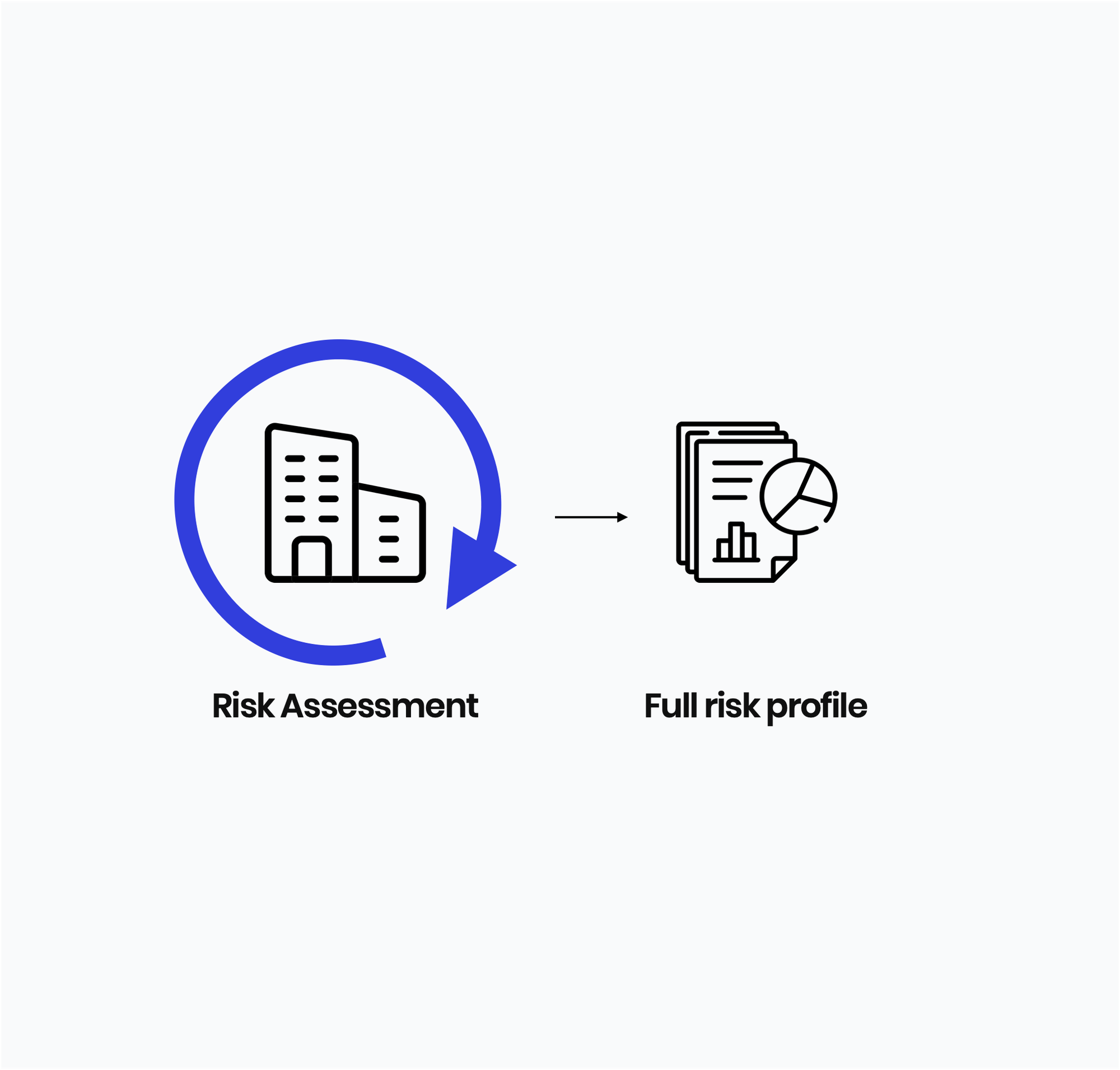Insurer Denies $150K Surgery Claim: What Really Happened And What You Can Do
Imagine this: You've been saving up for years, diligently paying your insurance premiums, thinking you're covered when the unexpected happens. But then, out of nowhere, your insurer denies a $150K surgery claim that could save your life or drastically improve your quality of life. It feels like a punch in the gut, right? This isn't just a financial issue; it's an emotional rollercoaster that can leave you questioning everything about your trust in insurance companies. So, let's dive into what really went down with this denied claim and explore the steps you can take to fight back.
Insurance claims are supposed to be the safety net we all rely on in times of crisis. Whether it's a car accident, a house fire, or a serious medical condition, insurance is meant to protect us from financial ruin. But what happens when the very system we depend on fails us? When an insurer denies a $150K surgery claim, it's not just about the money—it's about your health, your future, and your peace of mind.
Let's break this down piece by piece. We'll look at why claims get denied, how to navigate the appeals process, and what you can do to protect yourself in the future. By the end of this article, you'll have a clearer understanding of your rights and the steps you can take to ensure you're not left high and dry when you need help the most.
Why Insurer Denies $150K Surgery Claim: Understanding the Denial
First things first, why does an insurer deny such a massive claim? It's not as simple as them being greedy or trying to save a buck. There are several reasons why a claim might get denied, and understanding these reasons is key to figuring out your next move.
Possible Reasons for Denial
Here are some of the most common reasons why insurers might deny a $150K surgery claim:
- Policy Exclusions: Your insurance policy might have specific exclusions that prevent coverage for certain procedures or conditions. These exclusions are usually listed in the fine print, so it's crucial to read your policy carefully.
- Pre-existing Conditions: If the surgery is related to a pre-existing condition that wasn't disclosed during enrollment, the insurer might argue that they aren't obligated to cover it.
- Missing Documentation: Insurance companies require a ton of paperwork, and if even one form is missing or incomplete, it could lead to a denial.
- Non-covered Providers: If the surgery was performed by a provider outside your network, the insurer might refuse to pay unless it was an emergency situation.
Now, let's dive deeper into each of these reasons and explore how they might apply to your specific situation.
Understanding Your Policy: The Fine Print Matters
Insurance policies are notorious for their dense, jargon-filled language, but it's essential to familiarize yourself with the terms and conditions. Here's a quick guide to help you navigate the fine print:
Key Terms to Look Out For
When reviewing your policy, keep an eye out for these key terms:
- Exclusions: These are conditions or procedures that aren't covered by your policy. For example, some policies exclude experimental treatments or surgeries deemed "cosmetic."
- Coverage Limits: Even if a procedure is covered, there might be limits on how much the insurer will pay. Make sure you know these limits to avoid surprises.
- Network Requirements: Many policies require you to use in-network providers. If you go outside the network, you might face higher out-of-pocket costs or even a denial.
Don't let the complexity of the policy deter you. Take your time to read through it, and don't hesitate to reach out to your insurer if you have questions. Knowledge is power, and understanding your policy is the first step in fighting a denied claim.
The Appeals Process: How to Fight Back
If your $150K surgery claim has been denied, don't panic just yet. You have the right to appeal the decision, and many people successfully overturn denials by presenting a strong case. Here's how you can go about it:
Step-by-Step Guide to Appealing a Denied Claim
- Gather All Relevant Documentation: Collect every piece of paperwork related to your claim, including medical records, policy documents, and any correspondence with the insurer.
- Write a Detailed Appeal Letter: Clearly state why you believe the claim should be covered and provide evidence to support your argument. Be concise but thorough.
- Seek Professional Help: If you're unsure about how to proceed, consider consulting a lawyer who specializes in insurance disputes. They can help you navigate the appeals process and increase your chances of success.
Remember, the appeals process can be lengthy and frustrating, but persistence often pays off. Don't give up if your initial appeal is rejected—many people succeed on second or third appeals.
Protecting Yourself in the Future
While fighting a denied claim is important, it's equally crucial to take steps to protect yourself from similar situations in the future. Here are some tips to help you stay ahead of the game:
Tips for Avoiding Future Denials
- Review Your Policy Regularly: Stay informed about your coverage and any changes to your policy. Knowledge is your best defense against unexpected denials.
- Communicate with Your Provider: If you're planning a major procedure, check with your insurance company beforehand to ensure it's covered. This can save you a lot of headaches down the line.
- Keep Detailed Records: Maintain a thorough record of all correspondence with your insurer, including emails, phone calls, and letters. This documentation can be invaluable if you need to file an appeal.
By taking these proactive steps, you can minimize the risk of future denials and ensure you're prepared if the worst happens.
Real-Life Stories: Lessons from Others
Nothing drives a point home like a real-life story. Let's look at a few examples of people who faced denied claims and how they handled the situation:
Case Study 1: Sarah's Fight for Coverage
Sarah had her $150K surgery claim denied due to a missing form. She was devastated but refused to give up. After gathering all the necessary documentation and writing a compelling appeal letter, she successfully overturned the decision and received full coverage.
Case Study 2: John's Legal Battle
John's claim was denied because his surgery was performed by an out-of-network provider. He consulted a lawyer and filed a lawsuit against the insurer, eventually winning a settlement that covered his medical expenses.
These stories show that persistence and preparation can make all the difference when it comes to fighting a denied claim.
The Role of Advocacy Groups
Advocacy groups can be a valuable resource for anyone dealing with insurance disputes. These organizations provide support, resources, and even legal assistance to help individuals navigate the complex world of insurance claims.
How Advocacy Groups Can Help
- Providing Information: Advocacy groups offer educational materials to help you understand your rights and the appeals process.
- Connecting You with Experts: They can connect you with lawyers and other professionals who specialize in insurance disputes.
- Offering Emotional Support: Dealing with a denied claim can be emotionally draining, and advocacy groups can provide a supportive community to help you through it.
Don't hesitate to reach out to these groups if you're facing a denied claim. They can be a lifeline in a difficult situation.
Data and Statistics: The Bigger Picture
To truly understand the impact of denied claims, it's important to look at the data. Here are some eye-opening statistics:
- According to a 2022 report, approximately 30% of all insurance claims are initially denied.
- Of those denied claims, around 50% are successfully overturned on appeal.
- Medical errors and administrative mistakes account for a significant portion of denied claims.
These numbers highlight the importance of persistence and thoroughness when dealing with insurance disputes. You're not alone in this fight, and many others have successfully navigated similar challenges.
Final Thoughts: Taking Action
So, what have we learned? An insurer denying a $150K surgery claim is a serious issue, but it's not the end of the road. By understanding the reasons for denial, familiarizing yourself with your policy, and taking proactive steps, you can increase your chances of success in the appeals process.
Here's a quick recap of the key points:
- Review your policy carefully to understand exclusions and coverage limits.
- Gather all necessary documentation before filing an appeal.
- Consider seeking professional help if you're unsure how to proceed.
- Stay informed and proactive to avoid future denials.
Don't let a denied claim keep you down. Take action, fight back, and protect your future. And remember, you're not alone—there are resources and support available to help you every step of the way.
So, what's your next move? Leave a comment below and let us know how we can help you further. Share this article with others who might be facing similar challenges, and don't forget to explore our other content for more insights and advice.
Table of Contents
- Why Insurer Denies $150K Surgery Claim: Understanding the Denial
- Possible Reasons for Denial
- Understanding Your Policy: The Fine Print Matters
- Key Terms to Look Out For
- The Appeals Process: How to Fight Back
- Step-by-Step Guide to Appealing a Denied Claim
- Protecting Yourself in the Future
- Tips for Avoiding Future Denials
- Real-Life Stories: Lessons from Others
- Case Study 1: Sarah's Fight for Coverage
- Case Study 2: John's Legal Battle


